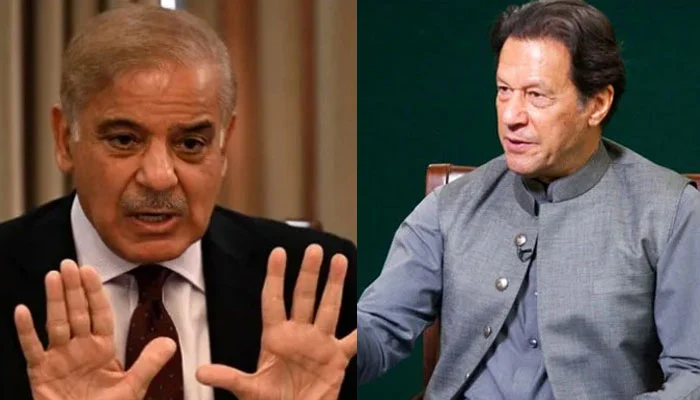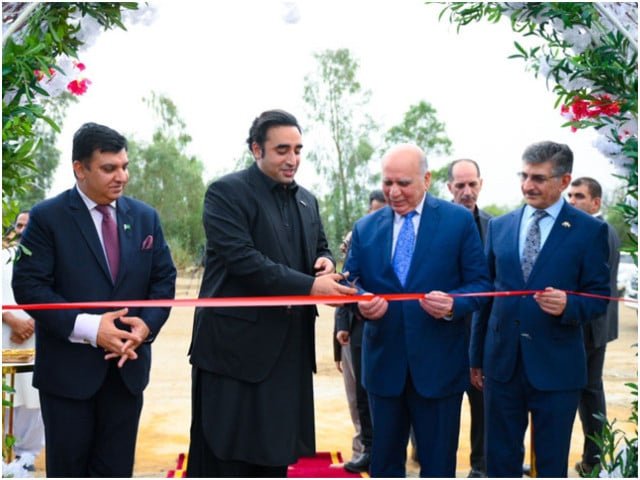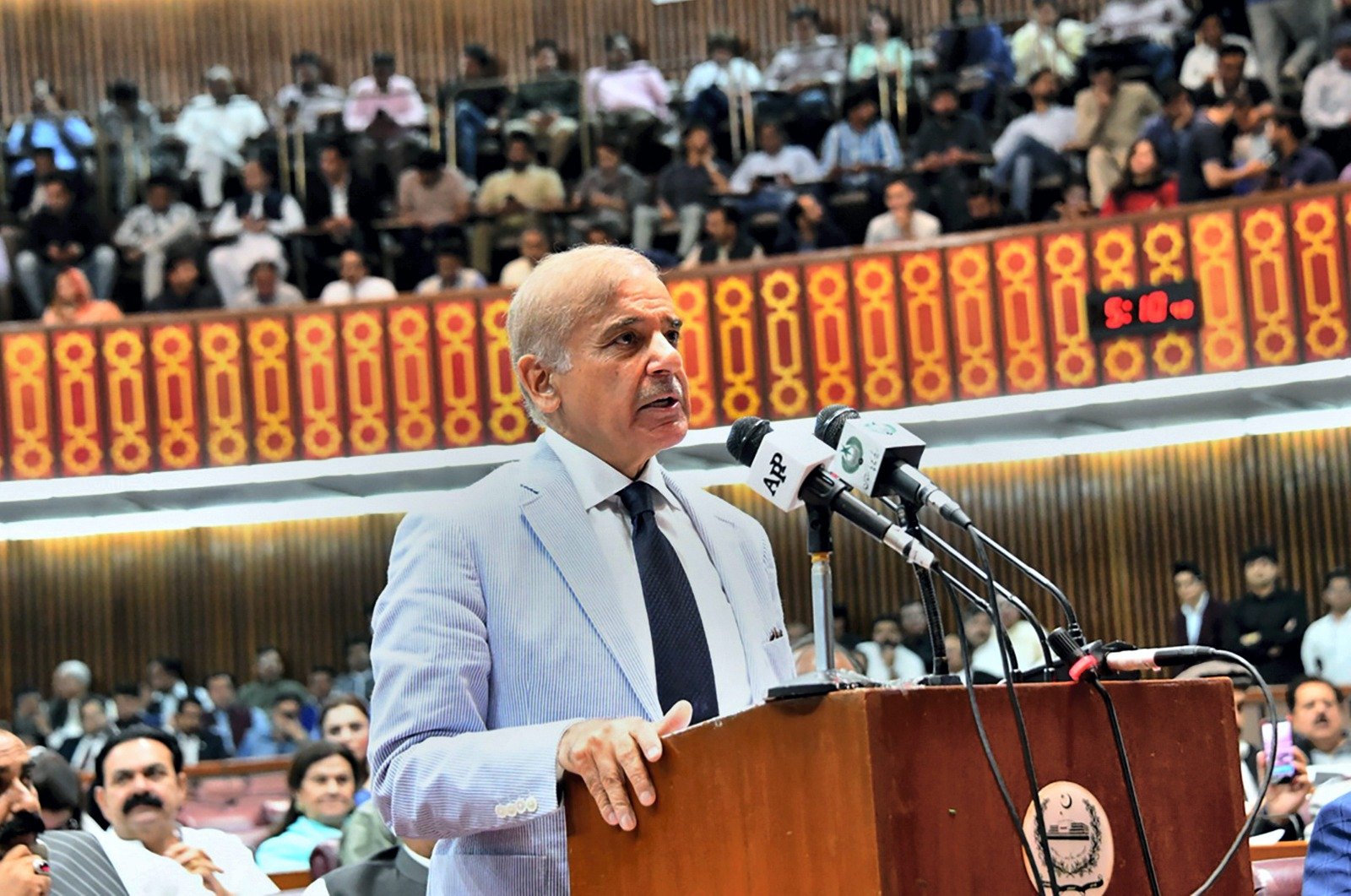Imran Khan Agrees to Attend All Parties Conference Amid Operation Azm-e-Istahkam Concerns

In a notable shift, PTI (Pakistan Tehreek-e-Insaf) founder Imran Khan has decided to participate in the All Parties Conference (APC) called by the Prime Minister, focusing on national security issues related to the ‘Azm-e-Istahkam’ operation. This decision was communicated during an informal conversation with journalists at Adiala Jail, where Khan was present for the £90 million corruption case.
Imran Khan’s Position
Concerns about Operation Azm-e-Istahkam:
- Border Stability: Khan expressed reservations about the impact of the operation on Pakistan’s 2,500 km border with Afghanistan. He voiced concerns over potential instability that could arise from military actions in border areas.
- National Security: Highlighting the operation as a national issue, Khan indicated the importance of discussing and resolving security concerns through dialogue rather than unilateral decisions.
Decision to Attend APC:
- Listening to Government’s Stance: Imran Khan confirmed PTI’s participation in the APC, aiming to hear the government’s perspective on the operation and related security matters.
- Seeking National Consensus: Khan’s willingness to attend the APC reflects an effort to engage in national dialogue, underscoring PTI’s commitment to addressing security challenges collaboratively.
Operation Azm-e-Istahkam: An Overview
Initiation and Objectives:
- The Pakistani government has launched Operation Azm-e-Istahkam with the aim of enhancing security and stability along the Afghan border.
- The operation is intended to curb cross-border terrorism and strengthen military presence in the region.
Opposition from Political Parties:
- Despite its objectives, the operation has faced opposition from major political parties, including PTI, which argue that the military actions could exacerbate instability and disrupt border communities.
- To foster a unified approach, the government has called for an All Parties Conference, seeking input and consensus from all political factions.
Background:
All Parties Conference (APC):
- The APC serves as a platform for political leaders to discuss and formulate strategies on pressing national issues.
- The upcoming APC will focus on Operation Azm-e-Istahkam and aims to build a consensus on the government’s security policies.
Imran Khan’s Legal Situation:
- Khan’s participation in the APC comes amid his legal troubles, including his appearance in court related to the £90 million case.
Reactions and Implications
Political Analysts:
- National Unity: Analysts view Khan’s decision to attend the APC as a positive step towards national unity and dialogue, essential for addressing complex security challenges.
- Collaborative Approach: Khan’s participation could lead to a more collaborative approach in dealing with border security and terrorism-related issues.
Public Opinion:
- Support for Dialogue: The public response indicates a preference for resolving national security issues through dialogue and consensus rather than unilateral military actions.
- Concerns Over Stability: There is also widespread concern about the potential impact of military operations on local populations and border stability.
Statements from Key Figures
Imran Khan:
“We have significant reservations about Operation Azm-e-Istahkam due to its potential impact on our border stability. However, recognizing the importance of national dialogue, we will participate in the APC to understand the government’s perspective and work towards a consensual approach.”
Government Spokesperson:
“The government welcomes PTI’s decision to attend the APC. We believe that open dialogue and consensus-building are crucial for addressing the security challenges we face and ensuring the stability of our borders.”
Imran Khan’s decision to attend the All Parties Conference marks a critical moment in the ongoing debate over Operation Azm-e-Istahkam. His willingness to engage in dialogue with the government signals a potential shift towards a more unified and collaborative approach to national security. As the APC convenes, it remains to be seen how the discussions will shape the future of Pakistan’s border policies and overall stability.










